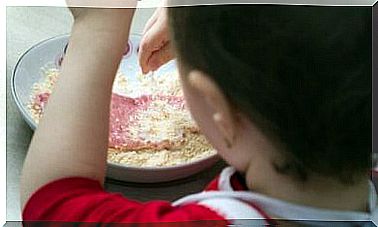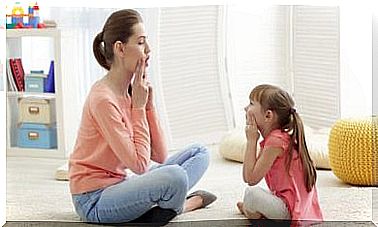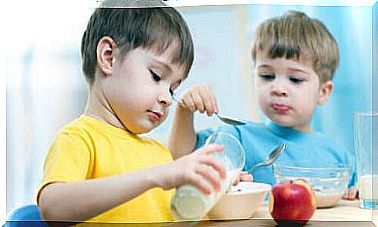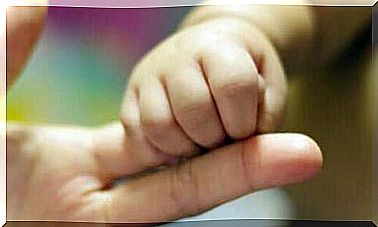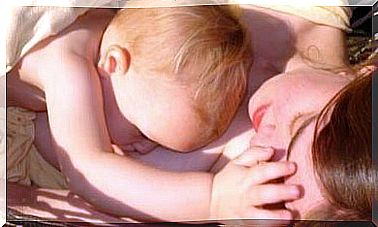How The Sense Of Hearing Develops In Children – You Are Mom
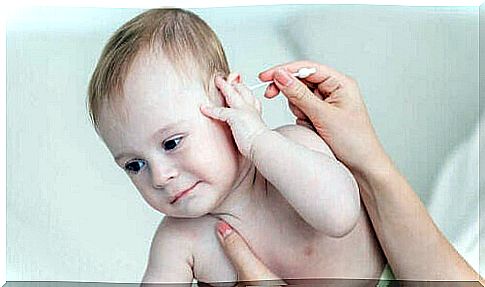
The sense of hearing allows children to hear sounds from the world around them. They thus feel sensations. Indeed, the voice of their parents and the sounds of nature connect them with their environment. Thus, they are imbued with a number of emotions that promote their development.
Long before birth, hearing enables babies to hear and respond to sounds from their mother’s womb. Indeed, the fetus hears the heartbeat of its mother as well as her voice. He can also hear musical melodies.
Babies are born with fully developed hearing that has already formed in their mothers’ wombs from the first trimester. So they’re ready to start hearing everything around them. However, their brains cannot yet interpret the meaning of words or sounds.
As children grow older, interactions with the environment take on more and more space. For example, they begin to pay more attention to sounds that are attractive to them. Likewise, when they are not yet able to formulate words, they observe and listen with interest to their elders.
These are therefore obvious signs that children’s hearing senses are developing correctly. Hearing enables them to obtain a great deal of information about their environment. It is therefore a key element in the development of language and stimulation of the brain.
This is why it is important to identify and treat any hearing problems in young children quickly.
How does the sense of hearing in children change?
Parents need to be vigilant at every stage of the baby’s growth. For this, it is necessary to compare the hearing capacities of the child with the normal performances expected according to his age. Here are a few :
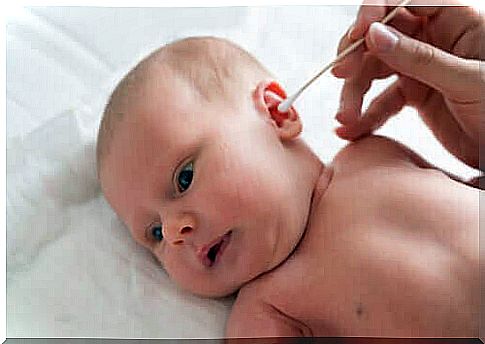
0 to 3 months
- It calms down and relaxes thanks to soft and harmonious sounds.
- The baby gets excited when he hears loud voices or cries.
- He recognizes his mother’s voice and is delighted.
- He is surprised by sounds of great amplitude.
- When a sound is pleasing to him, he waves his arms.
Between 3 and 6 months
- The baby begins to pay attention to new voices or sounds.
- He begins to observe the lips of the person speaking to him.
- He reacts to reprimands or rules.
- The child tries to make sounds on his own.
- It mimics adults by vocalization
6 to 10 months
- The baby has a reaction when he hears his name.
- It responds to stimuli when it hears a call from a specific location.
- He follows and observes the books or pictures shown to him.
- The child chirps more regularly.
- It recognizes the names of objects in common use and understands common words such as “mom”.
Between 10 and 15 months
- The child begins to say words instead of chirping.
- It includes instructions made only with gestures.
- The baby has fun by clapping his hands.
- He points and looks at the people or things he wants to reach.
- He follows his parents
The evolution of the sense of hearing in children is not precisely defined. Indeed, each child has a unique rhythm. However, one must be attentive to this process as the development of their cognitive language skills will depend on it.
If time passes and the child does not learn new words or twitter, it is advisable to do medical tests, such as audiometry. This will rule out any hearing problems. If done in time, the problem can be corrected and the use of hearing aids can be implemented if necessary.
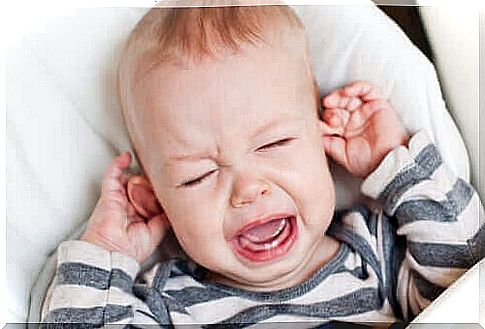
To avoid other problems that may affect their hearing, children should be protected from loud and prolonged sounds. In addition, parents should watch out for signs of infection like frequent rubbing of the ears. In addition, they should never insert cotton swabs or other objects into their ear canal as their eardrum could be damaged.
Develop children’s sense of hearing
You can also help develop your baby’s sense of hearing by exposing them to new sounds, music, readings, and even conversations. Not only will this stimulate him, but it will also allow him to learn new words which will be very useful when he begins to speak.
On the other hand, describing objects, indicating their name and color, describing the actions you do during the day and explaining the origin of all the noises that catch their attention helps the child. to understand the world around him.
In conclusion, the good hearing development of children plays an important role in their daily life and ensures them less difficulties in the future. Even when some hearing problems are difficult to prevent, adults should be mindful of this to manage these problems and correct them as soon as possible if they ever occur.


